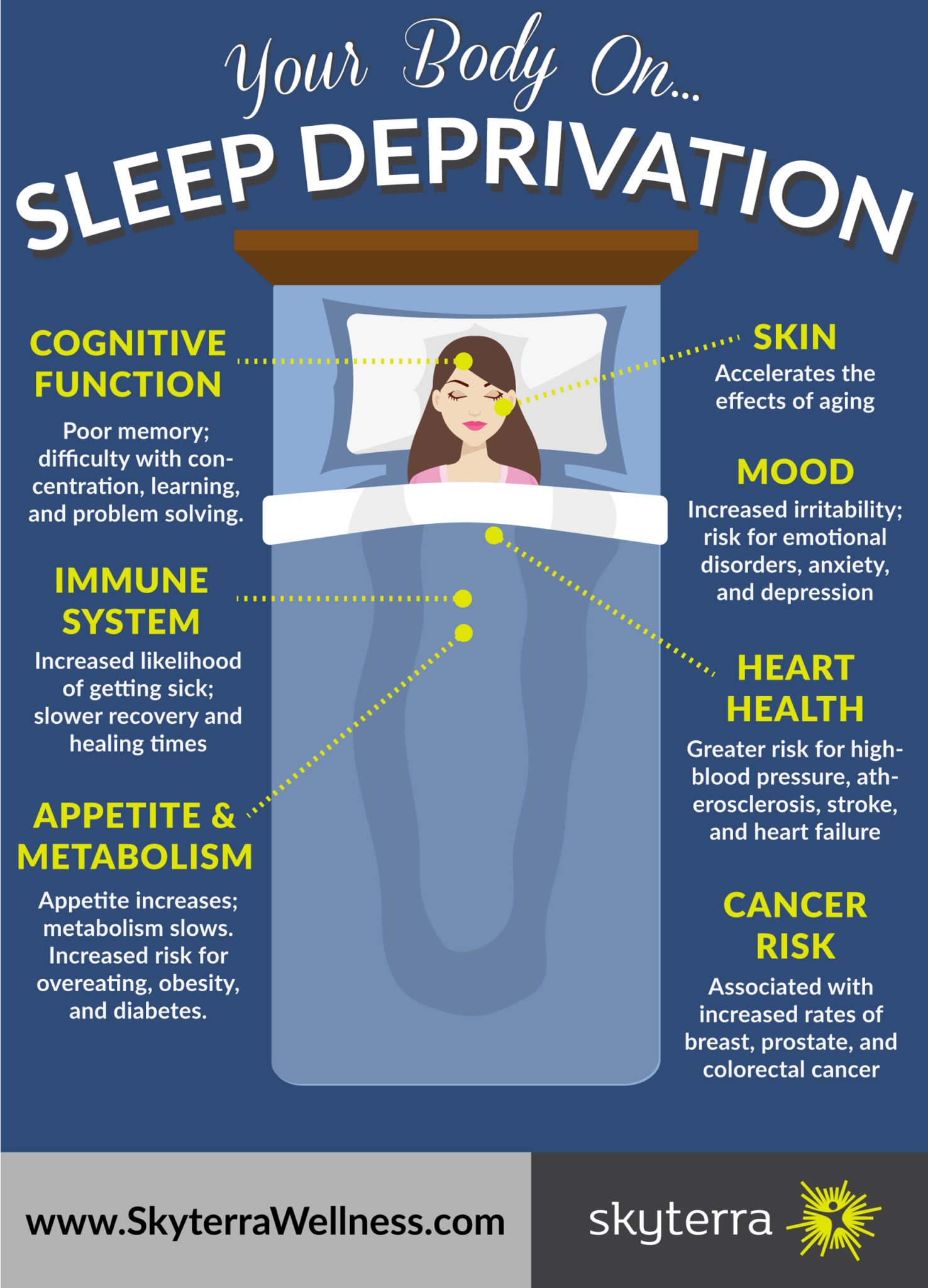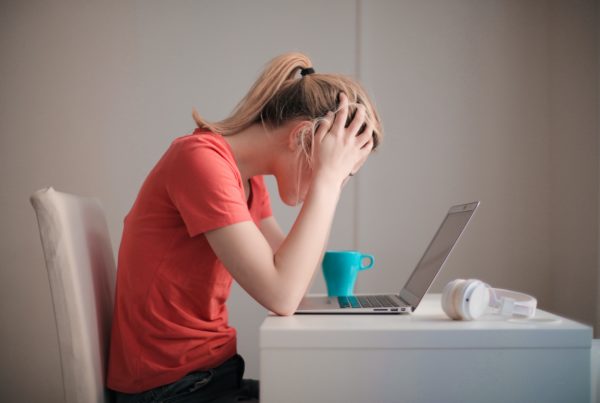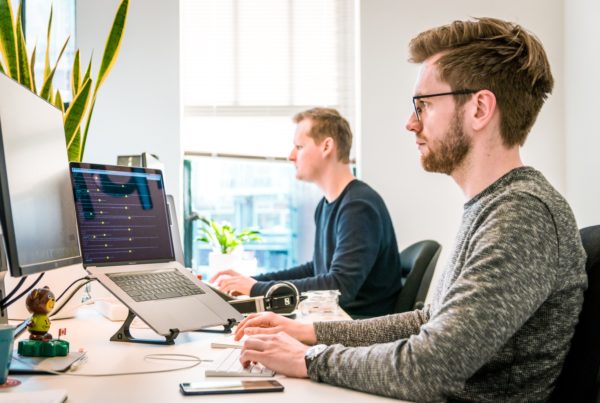Did you know that over 40% of professionals report loosing sleep because they can’t get the job off their minds, and 60% of millennials?
The ‘always on’ culture is a major contributor, with over a third of workers admitting that they check their phone for work immediately before sleep and when they wake up. (1)
Sleep is a wellness issue – at work and at home
Yet, sleep is vital to positive wellbeing. It enhances your memory, enriches your ability to learn and make good decisions. It keeps you slim, fine tunes your metabolism and your appetite. It protects you from cancer and dementia. It wards off colds and flu. It lowers your risk of heart attacks and stroke, not to mention diabetes. It re-calibrates your emotions, re-stocks your immune system, inspires creativity.

In ‘Why we Sleep’, Matthew Walker 2017 maintains that a silent sleep-loss epidemic, “is having a catastrophic impact on our health, our life expectancy, our safety, our productivity and the education of our children”(2). Walker’s advice to everyone is to sleep 8 or 9 hours a night.
He describes how insufficient sleep harms the brain, demolishes the immune system, disrupts the body’s blood sugar balance and damages coronary arteries. Long-term consequences include elevated risks of Alzheimer’s, cancer, diabetes, heart disease and stroke.
Sleep is a workplace wellness issue
When it comes to work, obviously sleep deprived employees do not make for effective and engaged staff.
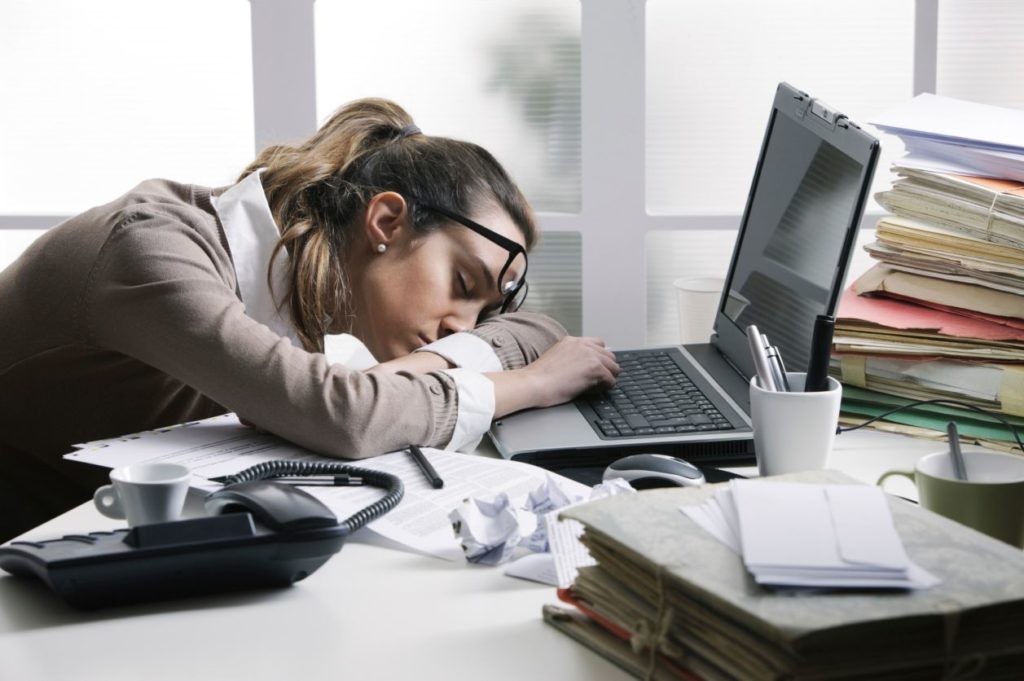
“When we are sleep deprived, concentration is impaired, we are more likely to demonstrate greater risk-taking behaviours, communication is decreased, performance deteriorates and sickness increases “(3).
Yet, almost one third of employees sleep less than 7 hours per night. Rand Europe carried out a very comprehensive study on the impact of sleep, which concluded that the economic cost of tired employees being less productive or absent from work altogether amounted to almost 2% of GDP.
How can employers support good sleep for their employees?
Making employees aware of the research and providing them with practical tools so they can improve their own sleep can be helpful, including breathing techniques, good diet routines, relaxation rituals etc. One of the benefits of Mindfulness training is improved sleep.
At work, fostering a healthy culture in terms of sleep means encouraging people to take breaks, leave the office to walk, get natural light, take holidays; creating quiet rooms for rest etc.
What can you do to help yourself to sleep better?
(Matthew’s Tips for Good Sleep – see the full article here)
- Stick to a sleep schedule
Aim to go to bed and wake up at the same time each day.
- Don’t exercise too late in the day
Exercise is great, and we should try to exercise at least 30 minutes on most days. But try to time it no later than 2-3 hours before bed.
- Avoid caffeine & nicotine
Colas, coffee, teas (that aren’t herbal) and chocolate contain caffeine, which is a stimulant. Nicotine is also a mild stimulant.
- Avoid alcoholic drinks before bed
The presence of alcohol in the body can reduce your REM sleep, keeping you in the lighter stages of sleep.
- Avoid large meals and beverages late at night
A lights snack before bed is okay, but a heavy meal can cause digestive issues. Drinking fluids late can cause frequent awakenings to urinate.
- Where possible, avoid medicines that delay or disrupt your sleep
Some commonly prescribed heart, blood pressure or asthma medications can disrupt sleep patterns. It may be possible to take them earlier.
- Don’t nap after 3pm
Naps are great, but taking them too late in the day can make it hard to fall asleep at night.
- Make sure to leave time to relax before bed
It’s important to have time before bed to unwind. Try to schedule your days so that there is time to relax before bed.
- Take a hot bath before bed
The drop in body temperature after a bath may help you to feel sleepy, and the bath can help you to slow down and relax before bed.
- Have a dark, cool (in temperature), gadget free bedroom
We sleep better if the temperature in the room is kept on the cool side. Gadgets such as mobile phones and computers can be a distraction.
- Get the right sunlight exposure
Sun exposure during the day helps us to regulate sleeping patterns. Try to get outside in the natural sunlight for at least 30 minutes per day.
- Don’t stay in bed if you (really) can’t sleep
If you find yourself still in bed for more than 20 minutes, awake or you’re starting to get anxious in bed, get up until you feel sleepy.

To learn more, watch Matthew Walker’s google talk here.
More Information
Blog written by Joanne O’Malley, Mindfulness at Work.

